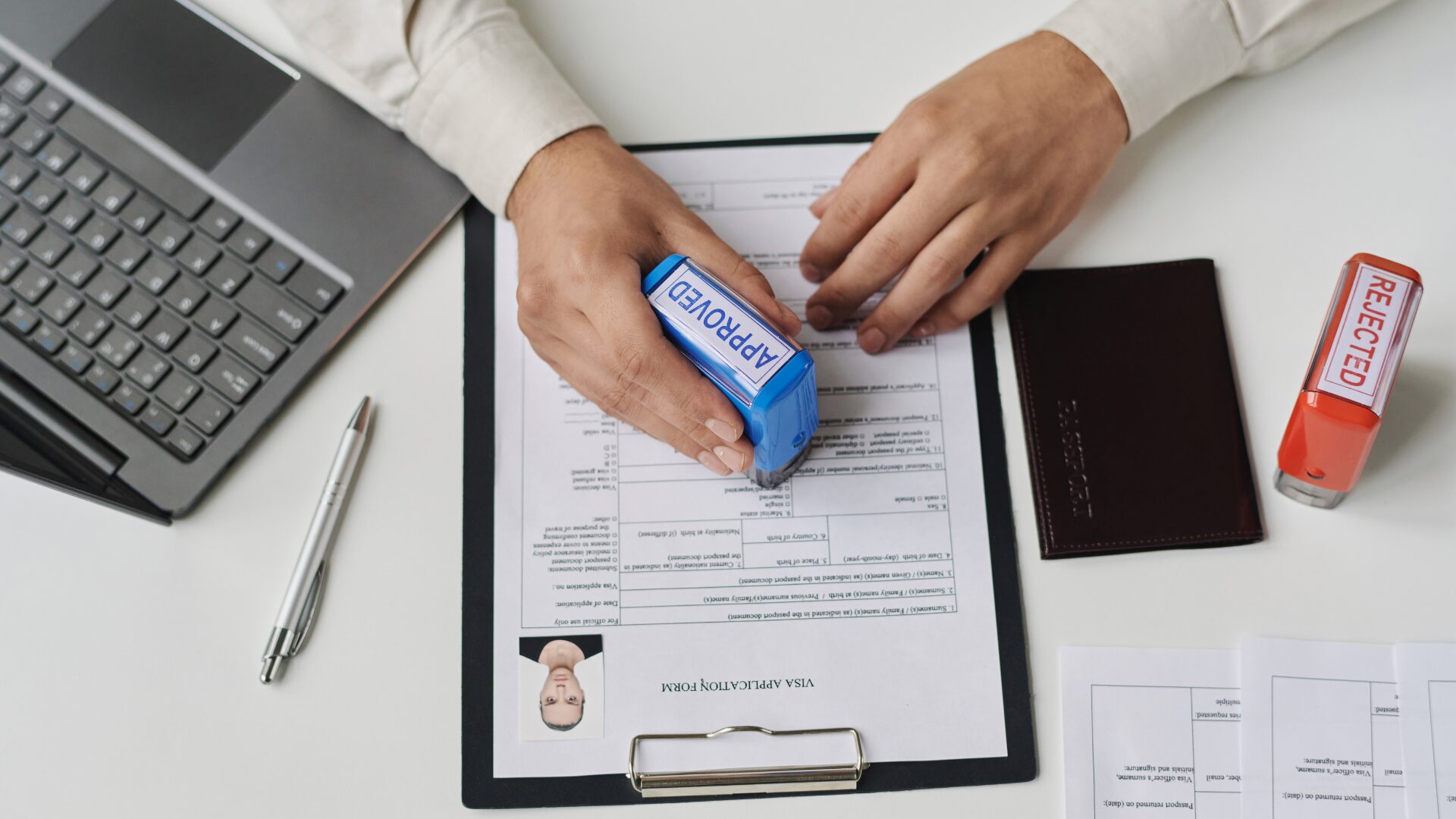The process of proving abuse in a VAWA Visa (Violence Against Women Act) case can seem daunting, but gathering the right evidence is key to building a strong case. If you are considering applying for relief under this law, it is important to understand the different types of evidence available, how you can obtain them, and the most effective ways to present them.
Types of evidence
Personal and witness testimonies
Testimonies are often one of the most important pieces of evidence in any legal proceeding. In VAWA cases, your testimony about the instances of abuse, coercion, or control is crucial. Detail specifically the events, dates, and effects suffered as a result of the abuse.
Likewise, testimonies from friends, family, co-workers, or neighbors who have witnessed the abuse or noticed changes in your behavior or well-being are equally significant. These statements can validate your experience and add more credibility.
We recommend reading Did your U.S. citizen spouse mistreat you? You can benefit from VAWA.
Police reports
If at any time you sought help from the police, police reports can be valuable evidence. These documents often include details about the incident, statements from the parties involved, and, in some cases, photographs or additional testimonies.
Medical records
Visits to the doctor, hospital, or clinic due to physical or psychological injuries can support your case. Medical records, graphic designs of injuries, and diagnoses are relevant to substantiate that you faced abuse or violence. Do not underestimate the importance of seeking medical attention even for minor injuries.
If you need help with your VAWA application, do not hesitate to contact us.
Photographs, videos, and communications
Images of physical injuries, videos, or text/email messages that show acts of abuse or coercive language are extremely useful. If you have audiovisual or written records, be sure to keep them properly.
Evidence of financial control or coercion
Economic abuse is another aspect that can be documented. Bank statements, transaction history, suspicious expenses, or evidence of restriction to access resources can demonstrate attempts at financial control. Likewise, documents showing attempts at isolation or coercion are significant.
Emotional or psychological documentation
A therapist, counselor, or psychologist could document how the abuse has affected your mental health. Certificates of treatment sessions, recovery plans, and notes from professional therapists are useful to show the emotional impact.
You can also read Rights and Protections offered by VAWA when applying in the U.S.
How to obtain the evidence
Communicate with the authorities
Do not hesitate to request copies of police reports or records of previous statements. Many police agencies have protocols to provide documents to victims of abuse.
Consult health experts
Visit hospitals or clinics where you have received care to collect medical records. You can also contact health professionals to obtain detailed reports describing the extent and causes of your injuries.
Save all important records and documents
Be sure to save copies of emails, call recordings, or text messages. Organize the documentation in well-structured physical or digital folders to facilitate the presentation of the case.
Seek legal assistance
Lawyers with experience in VAWA can provide guidance on how to collect and present evidence. They have access to legal resources to request formal documents if necessary.
How to present the evidence
Organize chronologically
Present the facts in chronological order to help the court or immigration officials understand your case clearly and logically.
Accompany with sworn statements
Submitting a sworn statement with evidence that supports each point narrated can strengthen your case. Make sure the statements are detailed and consistent.
Consult a lawyer
Specialized lawyers will provide you with precise indications on how to put together a well-crafted evidence package. This is especially relevant if you need to translate documents or present technical information.
We have lawyers specialized in the VAWA visa. Check our services page.
Keep backup copies
Deliver the original copies as requested by the authorities, but keep a digital or physical copy of each document you send.
Proving abuse under the VAWA visa can be an emotionally demanding process, but you have resources and tools at your disposal to do it successfully. Remember, well-documented and presented evidence can make a difference in your case. Also, seek emotional support during this process, as taking care of your well-being is also a priority. When the time comes, do not hesitate to work hand in hand with lawyers and advocates who understand the sensitivity of these scenarios to achieve the desired outcome.
If you found our article useful, share it with someone who may need it. And don’t forget to follow us on Facebook and Instagram and check all our services at rodriguezmartin.com.




